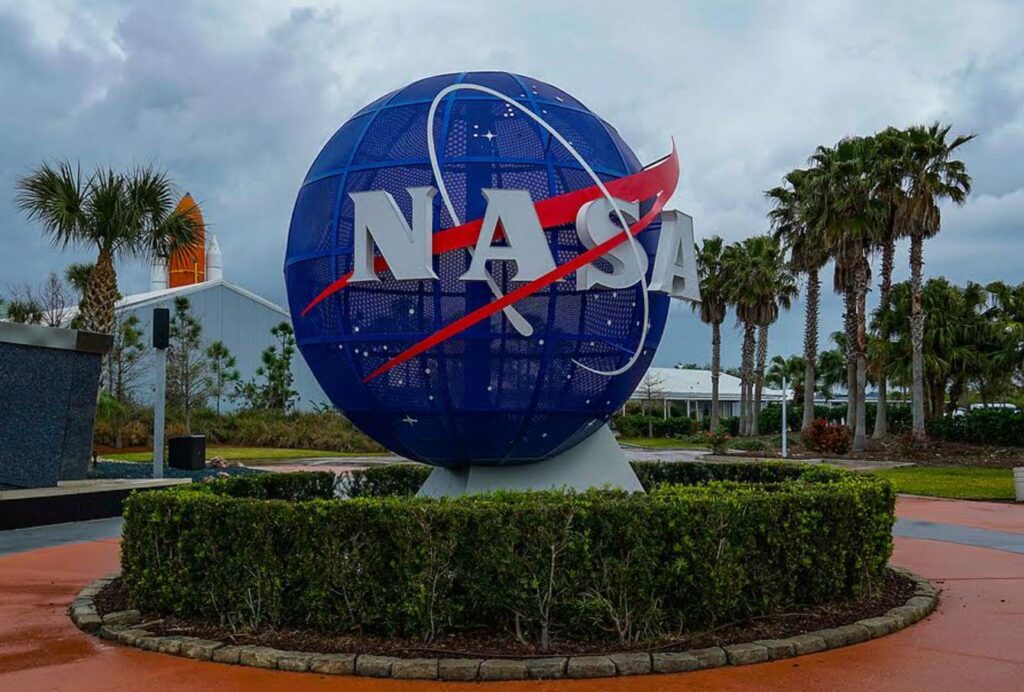Exploring The Innovations That Are Redefining Global Air Travel
The aviation industry is undergoing a massive transformation, driven by groundbreaking technologies that promise to redefine the way we travel. From artificial intelligence to sustainable fuel innovations, international airlines are at the forefront of adopting cutting-edge advancements to enhance passenger experiences, improve operational efficiency, and reduce environmental impact. Let’s explore the top tech innovations shaping the future of air travel.
Artificial Intelligence and Machine Learning

AI and machine learning are revolutionizing air travel in several ways. Airlines use AI-powered chatbots to provide 24/7 customer support, answer inquiries, and assist with bookings. Predictive analytics helps airlines optimize routes, minimize delays, and anticipate maintenance needs, reducing downtime and improving efficiency. Machine learning algorithms also enable personalized travel experiences by analyzing customer preferences and tailoring offers to individual needs.
Biometric Technology for Seamless Travel
Say goodbye to long queues and cumbersome boarding processes. Biometric systems, including facial recognition and fingerprint scanning, are streamlining check-in, security, and boarding procedures. Passengers can now move through airports more quickly and securely, enhancing convenience while improving security measures.
In-Flight Connectivity and Entertainment
The demand for staying connected at 35,000 feet is growing, and airlines are delivering. Advances in satellite technology are enabling faster, more reliable Wi-Fi onboard. Passengers can now stream content, work remotely, or stay connected with loved ones while traveling. Additionally, airlines are upgrading in-flight entertainment systems with personalized screens, virtual reality experiences, and high-definition content.
Sustainable Aviation Technology
As environmental concerns become more pressing, international airlines are embracing sustainable solutions. Electric and hybrid aircraft are in development, offering a greener alternative to traditional planes. Additionally, airlines are adopting sustainable aviation fuel (SAF) made from renewable sources, significantly reducing carbon emissions. Advanced materials and aerodynamic designs further contribute to fuel efficiency and lower environmental impact.
Automation and Robotics
From baggage handling to aircraft maintenance, automation and robotics are transforming operations behind the scenes. Smart robots can efficiently manage luggage, reducing delays and mishandling. Automated systems also inspect and maintain aircraft with precision, ensuring safety and minimizing human error.
Smart Airports and IoT Integration
The Internet of Things (IoT) is enabling smart airports that offer a seamless travel experience. Connected devices and sensors monitor everything from passenger flow to air quality, optimizing airport operations. Travelers can use mobile apps for real-time updates on flight status, gate changes, and luggage tracking, making their journeys stress-free and efficient.
Augmented Reality (AR) for Navigation and Training
AR is finding its way into both passenger and crew experiences. Passengers can use AR apps to navigate complex airport layouts, while flight attendants and pilots benefit from AR training tools for simulated scenarios. This technology enhances both safety and convenience in air travel.
Blockchain for Secure and Transparent Operations
Blockchain technology is enhancing transparency and security in the aviation sector. Airlines use it to streamline ticketing, improve loyalty programs, and ensure secure transactions. Blockchain also plays a role in managing aircraft maintenance records and supply chain logistics, reducing fraud and enhancing accountability.

Technology Article

Call us today on Tel: +254724740527 to learn more about how our weekly digital marketing newsletter can help your business succeed.
You Can Also Get To Us Through Our Email Address: mansoor@goplacesonline.com
Follow us on our social media platforms:




